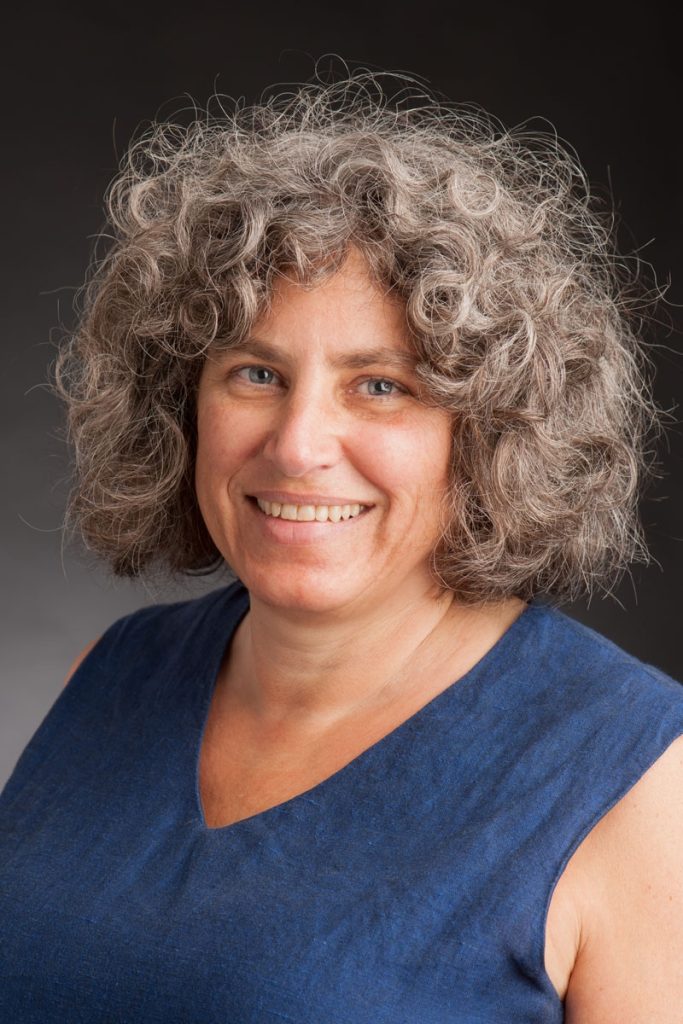Aucun résultat

Robin Cohen is recognized as an international expert on the quality of life of people with advanced life-limiting disease and that of their family caregivers.
She helped develop the field of palliative care research in Canada.
She demonstrated the importance of existential well-being at the end of life.
She enjoys supervising graduate students.
Robin Cohen has a PhD in Psychology. She has helped develop palliative care research in Canada by leading the CIHR/NCIC Strategic Training Initiative in Palliative Care, the CIHR New Emerging Team in Family Caregiving in Palliative and End of Life Care, and the NCIC Sociobehavioural Cancer Research Network Palliative Care Team.
Her research focuses on many aspects of palliative care, all with a whole-person care perspective. The ultimate goal of her research is to optimize the quality of life of palliative care patients and that of their family caregivers. She began by developing measures of their quality of life (MQOL: McGill Quality of Life Questionnaire; QOLLTI-F: Quality of Life in Life-Threatening Illness – Family Caregiver version). With those outcome measures, she has conducted some descriptive studies and is now focused on developing and testing interventions.
Robin Cohen is well-known for developing the MQOL: McGill Quality of Life Questionnaire – the most widely used quality of life questionnaire in palliative care. More recently, she developed a measure of the quality of life of family caregivers of people with advanced life-limiting illness (QOLLTI-F: Quality of Life in Life-Threatening Illness – Family Caregiver version). She is also helping to develop measures of satisfaction with end-of-life care and the quality of death. Her research has highlighted the importance of existential well-being. Among other things, with her trainees, she is now developing and testing interventions to help people re-establish a sense of meaning and purpose in their lives, while taking into account a diagnosis of advanced cancer or the fact that they are recently bereaved.
Cherba M, Funk L, Scott E, Salman B, Rounce A, Mackenzie C, Stajduhar K, Dujela C, Krawczyk M, Cohen SR. BMC Health Serv Res. 2023 Nov 30;23(1):1330. doi: 10.1186/s12913-023-10340-x. PMID: 38037107; PMCID: PMC10691158.
Stajduhar K, Sawatzky R, Funk L, Cohen SR, Bitschy A, Donald E, Votova K. Nurs Leadersh (Tor Ont). 2023 Apr;36(1):75-86. doi: 10.12927/cjnl.2023.27122. PMID: 37552519.
Schick-Makaroff K, Klarenbach S, Kwon JY, Cohen SR, Czupryn J, Lee L, Pauly R, MacRae JM, Forde B, Sawatzky R. Ther Adv Chronic Dis. 2023 Jun 12;14:20406223231173624. doi: 10.1177/20406223231173624. PMID: 37332391; PMCID: PMC10272664.
You have the power to make a difference! Your gift will support vital research at the Lady Davis Institute for Medical Research (LDI) that will translate into disease prevention, improved diagnoses, earlier detection, new and enhanced therapies, a better quality of life, wellness and hope for all of us.
Faire la différence, vous avez ce don! Votre contribution soutiendra la recherche essentielle menée à l’Institut Lady Davis qui permettra la prévention des maladies, des diagnostics plus précis, des dépistages plus rapides, des traitements innovants et plus performants, une meilleure qualité de vie, le bien-être et l’espoir pour nous tous.
Copyright © 2024 | Lady Davis Institute for Medical Research/Jewish General Hospital
Conception et développement : Yankee Media